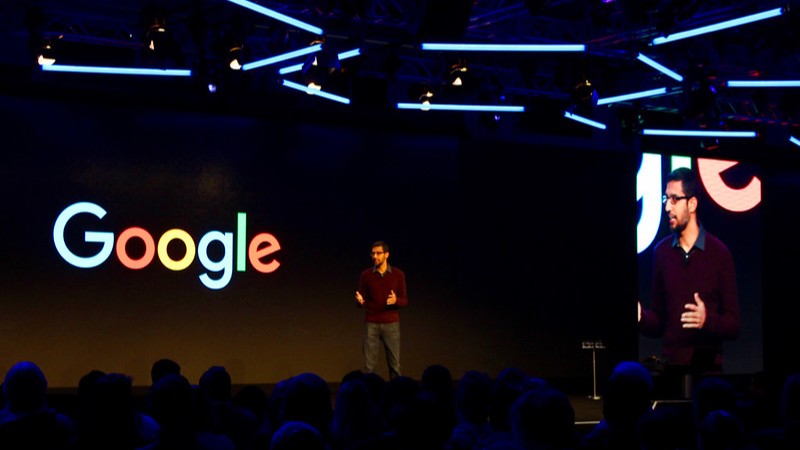
Big changes are happening at Google, and they’re all about staying ahead in a world where artificial intelligence (AI) is transforming how we search for information and marketing in general. These updates reflect the tech giant’s response to shifting user needs and growing competition in the search market.
Key Takeaways
Google’s search engine overhaul prioritises high-quality content and incorporates artificial intelligence (AI) to provide more helpful results for users.
- Search Generative Experience (SGE) places AI-generated summaries at the top of search results, affecting websites that rely on organic clicks.
- Google Ads is transforming with AI, enabling better audience targeting, real-time bidding, and automated ad creation.
- Businesses must adapt their strategies to focus on high-quality content, explore new search features, and adjust budgets to capture opportunities in the AI-driven search landscape.
Google search updates
The November 2024 core update. On November 11, Google began rolling out its latest core update, which will take about two weeks to complete. This update is all about improving the quality of search results by prioritising content that’s genuinely useful while filtering out low-quality material. It’s part of Google’s ongoing effort to fine-tune its algorithms and make search more helpful for everyone.
Search Generative Experience (SGE). One of the more noticeable changes is the introduction of Search Generative Experience (SGE). This feature places AI-generated summaries right at the top of search results. Whilst this makes it easier to get answers quickly, it’s shaking things up for websites that rely on organic clicks. If you’re a business, this means it’s time to rethink your SEO strategies because the old rules might not apply any more.
A more streamlined experience. Earlier this year, in June, Google scrapped infinite scrolling on desktop searches and replaced it with a “More Results” button. This small but significant tweak makes it easier to navigate through search pages without feeling overwhelmed.
How Google Ads is adapting to a new era of AI
Google Ads is undergoing a significant transformation thanks to artificial intelligence (AI), which is reshaping how businesses connect with their audiences. These changes are all about boosting ad performance and adapting to how people’s online behaviours are evolving. With AI at the core, Google Ads now makes it easier for advertisers to target the right audiences, adjust strategies in real time, and create engaging ad content more efficiently.
AI plays a big role in understanding audiences. By analysing huge amounts of data—like browsing habits and demographics—it identifies the people most likely to click on an advert or make a purchase. This precision means fewer wasted ad pounds and higher click-through rates, helping advertisers get more value for their efforts.
When it comes to managing ad budgets, AI takes the guesswork out of bidding. Instead of manually adjusting bids, advanced algorithms now handle it automatically, ensuring ads are shown in the right places at the right price. On top of that, AI also simplifies ad creation by crafting messages designed to resonate with specific audiences, saving time and making the whole process much more effective.
A future of search awaits
As Google integrates more advanced artificial intelligence (AI) into its platforms, the advertising landscape is evolving at an unprecedented pace. These changes are reshaping how businesses reach their audiences, demanding new strategies to stay competitive.
Try Performance Max campaigns. If you’re not already using Performance Max, it’s time to start. It lets you run campaigns across multiple Google platforms, using different types of assets and adjusting in real time for better results.
Leverage data-driven insights. Make the most of AI-powered tools to get a deeper understanding of your campaign performance and audience behaviour. These insights can help you make smarter decisions and improve your results.
Adjust your budget. With all these changes happening in search, it might be a good idea to shift some of your budget from traditional SEO to Google Ads. This way, you’ll be able to capture new opportunities created by the latest search features.
Final Thoughts
AI is transforming Google’s search engine and advertising platforms, offering smarter, more intuitive results for users. For businesses, this means adapting strategies to focus on high-quality content, embracing new search features, and exploring tools like Performance Max campaigns to stay competitive.
Google Ads has also evolved, with AI enabling better audience targeting, real-time bidding, and automated ad creation. To succeed, businesses need to adjust their strategies and budgets to capture new opportunities in the AI-driven search landscape.
The future of search is here, and businesses must embrace these changes to remain relevant and thrive in an increasingly AI-powered digital world.